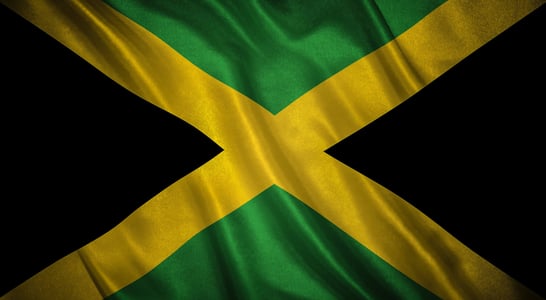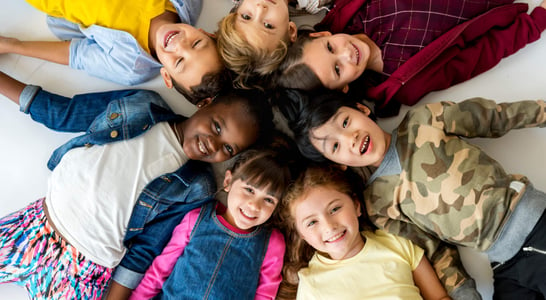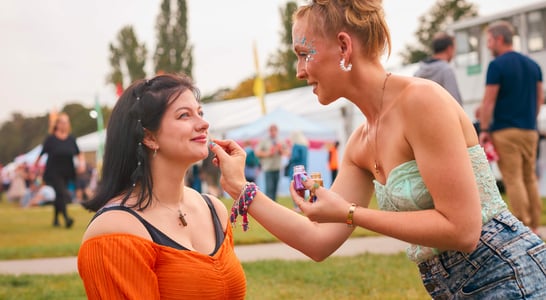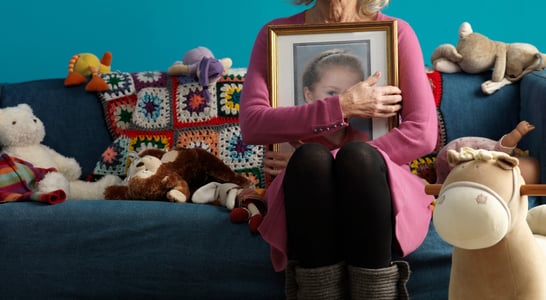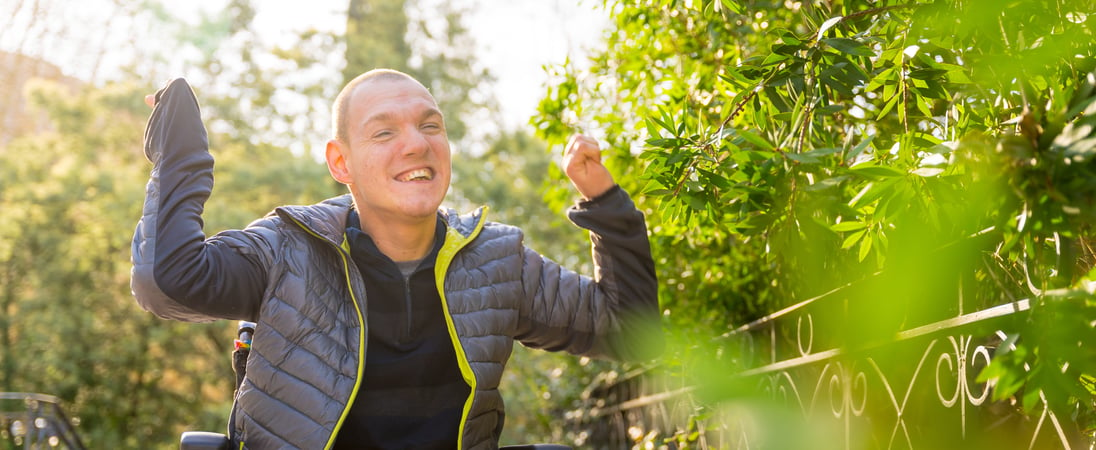
Disability Pride Month
Disability Pride Month is observed annually to promote visibility and public awareness about the positive pride that people within the disability community feel.
History of Disability Pride Month
Getting its start only one day back in 1990, the roots of Disability Pride Month started the same year that the Americans with Disabilities Act (ADA) was signed by President George H.W. Bush as one of the world’s first comprehensive civil rights laws for people who have disabilities.
On October 6 of that same year, the first Disability Pride Day was celebrated in the city of Boston, Massachusetts.
In 2015, for the twenty-fifth anniversary of the ADA, the event was stretched out to include all thirty-one days of July, celebrating the first Disability Pride Month. That year, New York City hosted its first Disability Pride Month parade, which has continued annually ever since.
This event is now celebrated all over the world with different gatherings, educational events, activities, parades, and much more.
Today Disability Pride Month is observed and supported by different nonprofit organizations along with government agencies and educational institutions, including the US Department of Labor, the US Department of Education, Columbia University and so many others.
How to Celebrate Disability Pride Month
Disability Pride Month offers all sorts of opportunities for celebrating, including some of these:
Use ‘People First’ Language
It can be a helpful show of respect to those with disabilities by slightly changing the language about them.
Instead of referring to them as “disabled people” retrain yourself and your community to use the phrase “people with disabilities”.
This allows for the people to be the most important qualified factor and makes the disability less of an identifier and more of a characteristic. It’s just one small way to honor Disability Pride Month.
Get More Informed About Disabilities
One excellent way that people can celebrate Disability Pride Month is by learning more about the disability community and learning ways to engage with and support them.
Do some research online or at the library and consider some of these facts about disabilities to get started:
- An estimated 1.3 billion people around the world experience a significant disability
- Persons who have disabilities are twice as likely to deal with health conditions such as diabetes, depression, heart disease, asthma, and more
- People with disabilities may have a life span that is up to 20 years or more shorter than a person without disabilities
- Many people who have disabilities face barriers like not being treated fairly in schools, health care situations, employment, and other spaces
Experience Art by People with Disabilities
Celebrate Disability Pride Month and enjoy some excellent art and literature at the same time by viewing art and reading books by artists and authors who have disabilities.
Community center organizers might choose to host an art exhibit and invite local artists with disabilities to submit their work.
Or, be even more inclusive and host an activity where anyone with a disability is invited to create art to put on display!
Also in ...
View all holidaysNational US Postage Stamp Day
Tiny artworks, adhesive tokens bridging distances, silently narrating historical tales, each stamp an unspoken messenger of connection.
International Chicken Wing Day
Crispy, juicy, spicy or sweet, the ultimate finger food that's perfect for game nights, parties, or any occasion. What's not to love?
International Reggae Day
Get into the laid-back reggae vibe by firing up some classic reggae artists like Bob Marley or Peter Tosh, or dig into the history of reggae and find some new music.


